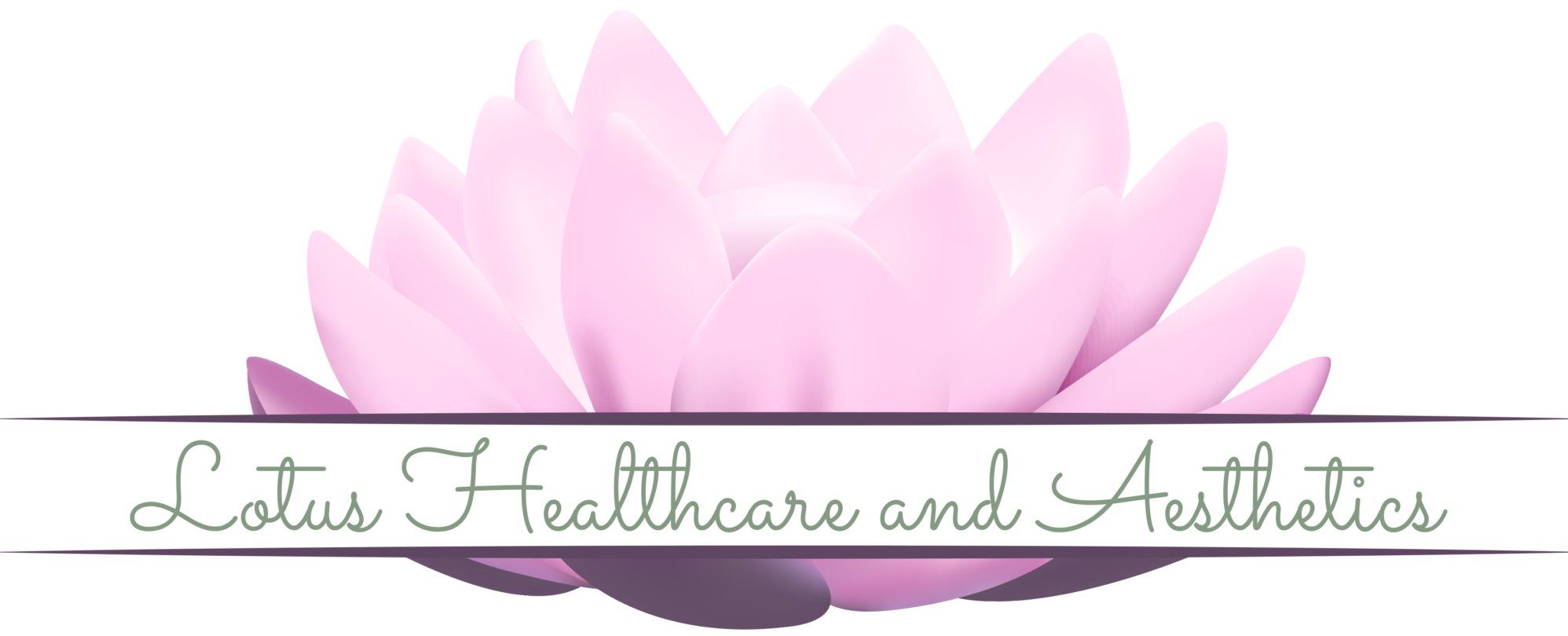In today’s hectic world, prioritizing health often gets sidelined. But “Healthy Horizons: A Guide to Wellness” is your compass in navigating health-conscious living. This guide offers practical tips and evidence-based strategies for cultivating a balanced life. From holistic wellness to sustainable habits and community support, it’s a roadmap to flourishing in every aspect of life. Holistic wellness recognizes the unity of body, mind, and spirit, guiding us to nurture each aspect through mindful practices and wholesome nutrition. Join us on this enriching adventure toward a brighter, healthier future.
Nourishing Nutrition For Vitality
Nutrition forms the foundation of our well-being, providing essential nutrients that fuel our bodies and minds. By prioritizing whole, nutrient-dense foods and staying mindful of portion sizes and meal timings, we can optimize our energy levels, support our immune system, and promote overall vitality and longevity.
Mindfulness: Cultivating Mental Clarity
Mindfulness is bringing our attention to the present moment with openness and curiosity. We can cultivate mental clarity, reduce stress, enhance focus, and develop a greater sense of self-awareness and emotional resilience through meditation, deep breathing, and body scans.
- Mindfulness Practice: Engage in daily mindfulness exercises such as meditation, deep breathing, or body scans to cultivate present-moment awareness and enhance mental clarity. These practices help quiet the mind and promote a sense of calm and focus amid life’s distractions.
- Stress Reduction: Mindfulness techniques are powerful tools for managing stress and anxiety. By bringing attention to our thoughts and emotions without judgment, we develop resilience and the ability to respond to challenges with clarity and composure.
- Improved Concentration: Regular mindfulness practice strengthens our ability to concentrate and sustain attention on tasks. Training the mind to stay present and focused enhances productivity and efficiency in our daily activities, leading to tremendous success and fulfillment.
- Enhanced Emotional Regulation: Mindfulness fosters emotional intelligence by allowing us to observe our feelings and reactions without being overwhelmed. This heightened awareness enables us to respond to situations with extraordinary kindness, compassion, and understanding, nurturing healthier relationships and emotional well-being.
- Greater Self-Awareness: Through mindfulness, we deepen our understanding of ourselves, including our strengths, weaknesses, and behavior patterns. This self-awareness fosters personal growth and empowers us to make conscious choices aligned with our values and aspirations, leading to a more meaningful and fulfilling life.
Sustainable Habits For Lasting Health
True wellness is sustainable, built on habits we can maintain over the long term. By setting realistic goals, creating routines, and gradually incorporating healthy behaviors into our lifestyles, we can establish lasting habits that support our health and well-being for years to come.
Balanced Nutrition
Adopt a balanced and diverse diet rich in fruits, vegetables, whole grains, lean proteins, and healthy fats. Strive for moderation and mindful eating, avoiding extremes or restrictive diets to ensure sustained energy levels and optimal nutrient intake for long-term health.
Regular Physical Activity
Incorporate regular exercise into your routine, choosing activities you enjoy and can maintain over time. Aim for cardiovascular, strength training and flexibility exercises to promote cardiovascular health, muscle strength, and flexibility for lifelong well-being.
Quality Sleep
Prioritize adequate and restful sleep by establishing a consistent sleep schedule, creating a conducive sleep environment, and practicing relaxation before bedtime. Quality sleep is essential for physical and mental restoration, immune function, and overall health and vitality.
Stress Management
Develop effective stress management strategies to cope with life’s challenges and prevent chronic stress-related health issues. Incorporate practices such as mindfulness, deep breathing exercises, yoga, or hobbies that promote relaxation and provide outlets for stress relief and emotional well-being.
Debunking Wellness Myths
In a world inundated with health information, it’s crucial to separate fact from fiction. We can debunk myths and misconceptions by critically evaluating popular wellness trends, consulting credible sources, and making informed decisions aligning with our needs and goals.
- Myth: Detox Diets Cleanse Toxins: Debunk the myth of detox diets that claim to rid the body of toxins. In reality, our liver and kidneys efficiently detoxify the body, and restrictive detox diets can be harmful, leading to nutrient deficiencies and disrupting metabolic function.
- Myth: Spot Reduction for Fat Loss: Challenge the notion of spot reduction exercises targeting specific areas for fat loss. Scientifically, fat loss occurs uniformly across the body, not in isolated regions. Instead, focus on overall fat loss through cardio, strength training, and a balanced diet.
- Myth: More Exercise Equals Better Results: Dispel the belief that more exercise always leads to better results. Overtraining can lead to burnout, injuries, and hormonal imbalances. Instead, prioritize quality over quantity, allowing adequate rest and recovery to optimize performance and prevent overuse injuries.
- Myth: Supplements Replace Healthy Diet: Reject the idea that supplements can fully compensate for a poor diet. While supplements may complement a healthy diet, they cannot replicate the benefits of whole foods. Emphasize the importance of obtaining nutrients primarily from a varied and balanced diet for optimal health.
![]()
Integrating Wellness Into Daily Life
Wellness isn’t just a destination; it’s a journey that unfolds in the everyday moments of our lives. By finding opportunities to prioritize self-care, whether it’s through morning rituals, midday breaks, or evening wind-downs, we can seamlessly integrate wellness practices into our daily routines, nurturing our well-being with intention and consistency.
Morning Rituals
Start your day with intentional wellness practices such as meditation, stretching, or journaling. Incorporating these rituals into your morning routine sets a positive tone for the day ahead.
Mindful Eating
Integrate wellness into daily life by practicing mindful eating. Pay attention to your food choices, savor each bite, and eat slowly to appreciate the flavors and nourishment your meals provide.
Micro-Breaks
Take short daily breaks to engage in wellness activities like deep breathing, stretching, or walking. These micro-breaks refresh your mind and body, reducing stress and promoting overall well-being.
The Power Of Community Support
Humans are inherently social beings, and our connections with others profoundly impact our well-being. By fostering supportive relationships and engaging with like-minded individuals, we can draw strength, encouragement, and inspiration from our community, navigating life’s challenges with greater resilience and joy.
Prioritizing Physical Fitness
Physical fitness is not just about achieving a particular aesthetic; it’s about cultivating strength, agility, and endurance to live life fully. By finding activities we enjoy, setting realistic fitness goals, and varying our routines to prevent boredom, we can make exercise an enjoyable and sustainable part of our lives.
- Regular Exercise Routine: Make physical activity a priority by incorporating regular exercise into your daily or weekly schedule. Choose activities that you enjoy and align with your fitness goals, whether cardio, strength training, yoga, or sports, to promote overall health and well-being.
- Variety and Progression: Keep your fitness routine varied and challenging by incorporating different types of exercises and gradually increasing intensity or duration over time. This not only prevents boredom but also helps prevent plateaus and ensures continued strength, endurance, and flexibility improvement.
- Proper Nutrition and Hydration: Support your physical fitness goals with a balanced diet of nutrients and hydration. Fuel your body with carbohydrates, proteins, healthy fats, and hydration to provide energy for workouts, aid in muscle repair and recovery, and optimize overall performance and endurance.
- Rest and Recovery: Prioritize rest and recovery as essential components of physical fitness. Allow your body adequate time to recover between workouts, ensuring sufficient sleep and incorporating rest days into your routine to prevent overtraining, reduce the risk of injury, and promote overall health and well-being.
Embracing Emotional Well-Being
Emotional well-being is about honoring and expressing our feelings healthily, cultivating self-compassion, and nurturing positive relationships. By practicing emotional intelligence, setting boundaries, and seeking support, we can navigate life’s ups and downs with resilience and grace, fostering greater peace and fulfillment.
- Self-Acceptance: Embrace self-acceptance by cultivating a compassionate attitude towards yourself, acknowledging both strengths and areas for growth. Practice self-care rituals and positive affirmations to foster a nurturing relationship with yourself, promoting inner peace and resilience in the face of life’s challenges and uncertainties.
- Healthy Boundaries: Set healthy boundaries in relationships to protect your emotional well-being and maintain balance in your interactions with others. Communicate openly and assertively about your needs and limits, respecting your boundaries and those of others, fostering healthier and more fulfilling connections.
- Emotional Expression: Embrace emotional expression as a means of processing and constructively releasing feelings. Practice journaling, creative outlets, or talking with trusted friends or therapists to articulate emotions and gain insights into underlying thoughts and experiences, promoting emotional clarity and healing.
- Mindful Awareness: Cultivate mindful awareness of your thoughts, emotions, and bodily sensations without judgment or attachment. Practice mindfulness meditation, body scans, or mindfulness-based stress reduction techniques to develop self-awareness and emotional regulation, fostering a more profound sense of inner peace and emotional equilibrium.
Flourishing Through Connection
Connection is the essence of wellness, weaving a tapestry of belonging and meaning in our lives. Whether connecting with nature, loved ones, or our inner selves, fostering deep connections enriches our lives, providing a sense of purpose, joy, and fulfillment that transcends the boundaries of individuality.
Conclusion
“Healthy Horizons: A Guide to Wellness” is a beacon of hope and guidance in pursuing holistic well-being. We’ve uncovered the transformative potential of embracing a balanced lifestyle by exploring the diverse facets of wellness, from nourishing nutrition to emotional resilience and community support. By prioritizing sustainable habits, debunking myths, and fostering connections, we pave the way toward a brighter, healthier future for ourselves and those around us.
As we journey forward, let us remember that wellness is not a destination but a continuous evolution—a journey marked by self-discovery, growth, and self-compassion. With each step towards embracing wellness, we move closer to realizing our fullest potential and flourishing in every aspect of our lives.



